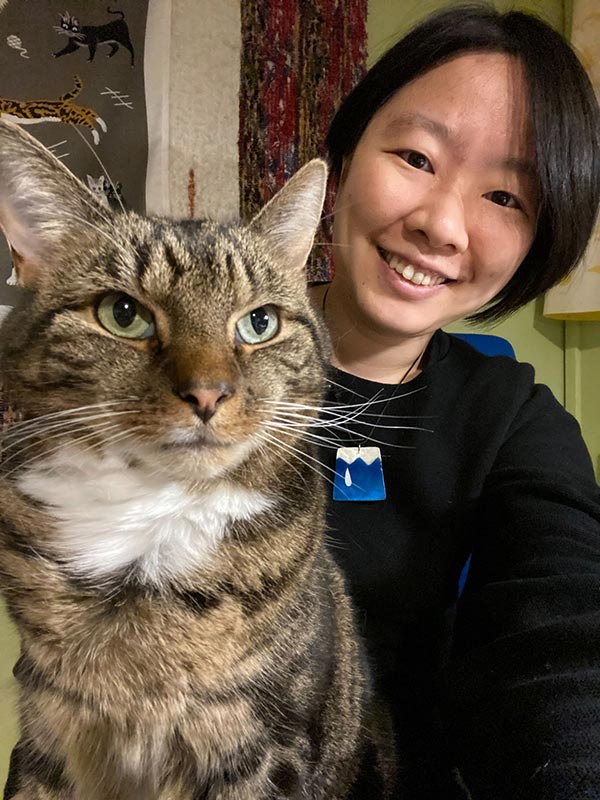Kai Tsao
(they/them)
Job/background
I work at the University and support anti-racism and race equality initiatives in my capacity as the Equality and Diversity Coordinator. Before joining the Equality and Diversity Team, I was an international student and staff at the Centre for Women’s Studies (CWS) for 11 years, living with keen interests in gender and sexuality, feminist pedagogy, visual methodologies, intersectionality, and arts and activism.
What does EDI mean to you? Why is it important to you?
I am a feminist and a Taiwanese immigrant. My knowledge and enthusiasm for gender and feminist theories first developed when I was an undergraduate student in Taiwan, as the field offered me a ‘new’, critical lens to interpret my everyday life as a woman in a Confucian patriarchal society. As I spent time in indigenous communities and in the UK, my experiences further raised critical awareness of privileges, ethnic-based aggressions and structural injustices. I am committed to building a culture and environment where ‘differences’ are not just respected, but appreciated and enriching.
How are you involved in EDI activity at York?
I am a member of a few committees and networks at York, some on a voluntary basis and some as part of my role - this ‘boundary’ is often blurred for people dedicated to EDI work. At the University, I am a member of the Race Equality Coordination Group, Staff Race Equality Forum (including the Steering Group and the Operations Team), Rainbow Alliance, Decolonizing and Diversifying the Curriculum Working Group, York Branch of the University and College Union (UCU) Executive Committee and the CWS Race and Equality Working Group. I also collaborate with Inclusive-Learning@York and student representatives with the aim to make a meaningful impact on shaping an inclusive culture. In the wider city, I am a member of the York Centre for Voluntary Services (York CVS) Trustee Board and York Anti-Racist Collective.
Do you have any advice on how to engage with EDI activity in York?
Be open-minded and ready to be challenged. Listen actively to other people’s experiences and with care. Speak up and take action. Participate in local community groups and university/departmental committees to shape policies and practice.
You can talk to me about…
Everything already mentioned above, and cats.

